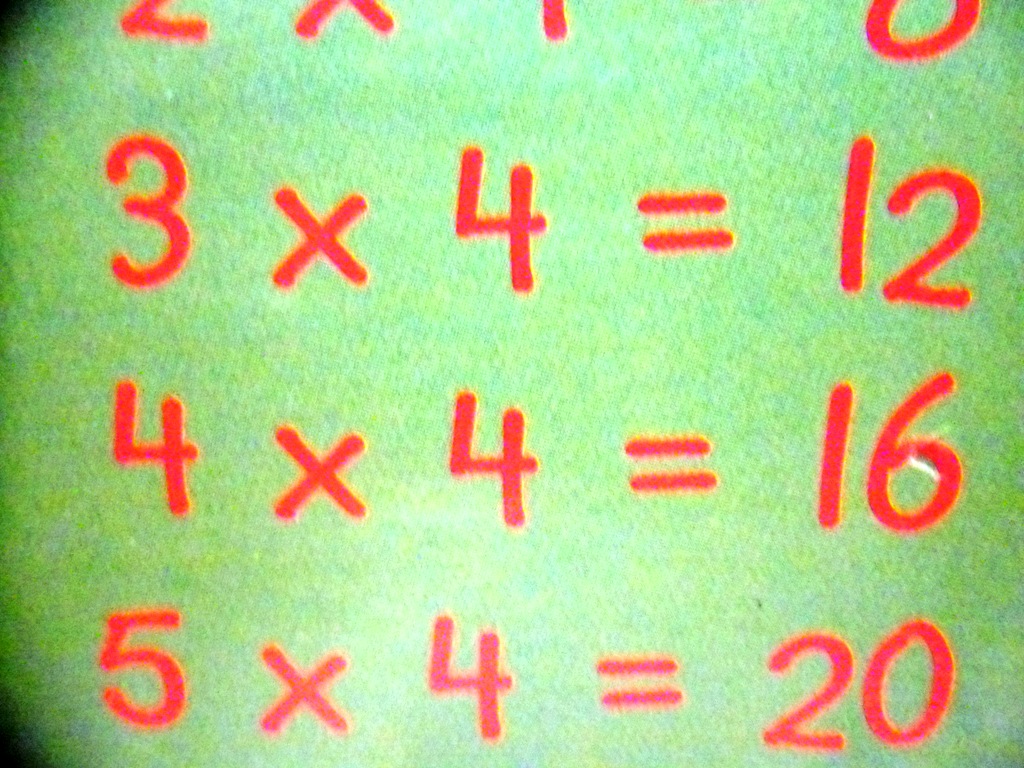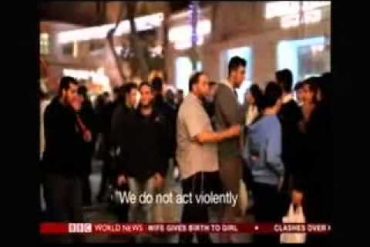‘Repetitio est mater studiorum’. So goes the old Latin proverb which alludes to the long recognised connection between repetition and learning. 
In an article entitled “John Kerry hails plan to boost Palestinian economy” which appeared in the Middle East section of the BBC News website on May 26th readers were told:
“Mr Kerry has called on Israel to prevent further settlement building where possible in the West Bank but has stopped short of calling for a total freeze.
Palestinian officials want all settlement activity in the West Bank to stop before they return to negotiations with Israel.
Israel says it will not accept any preconditions for talks.
Israeli settlements in the West Bank are considered illegal under international law, although Israel disputes this.
Other contentious issues include borders, the status of Jerusalem and the fate of Palestinian refugees.”
The same five sentences appeared in almost exactly the same form and order – albeit with other statements interspersed – in another BBC article published two days earlier on May 24th.
“Mr Kerry called on Israel to prevent further settlement building where possible in the West Bank but stopped short of calling for a total freeze. […]
Palestinian officials want all settlement activity in the West Bank to stop before they return to negotiations with Israel.
Israel says it will not accept any preconditions for talks. […]
Israeli settlements in the West Bank are considered illegal under international law, although Israel disputes this.
The main issues to be addressed in a peace agreement include borders, the future of Jewish settlements, the status of Jerusalem and fate of Palestinian refugees.”
So just how frequently are BBC News website readers exposed to the repetition of the narrative whereby “Israeli settlements in the West Bank are considered illegal under international law”? In addition to the two articles above, during the last four weeks alone that same message appeared in articles published on May 16th, May 9th, May 7th and April 30th: six times (at least) in four weeks.
And yet, not once in any of those articles was the slightest attempt made to inform readers of the wider aspects of the issue beyond that trite slogan or to present alternative views on the subject or even to inform BBC audiences of the fact that there are opposing views to it which come from non-Israelis.
One might almost think that the BBC does not want readers to be able to make up their own minds on the subject or to have informed opinions – preferring instead that they diligently learn the party line by rote.




